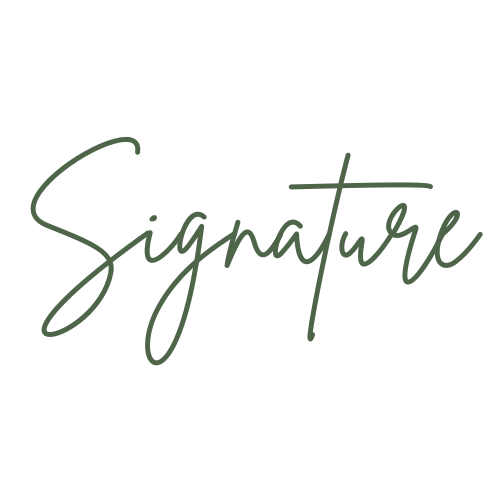The Certificate of Authenticity (COA) Scam: What Collectors Need to Know
If you’ve ever tried to authenticate a painting, sculpture, or fine artwork, you’ve probably come across companies promising to issue a Certificate of Authenticity (COA). Sounds official, right? The truth is, most COAs floating around the market have no legal standing—and in many cases, they can actually damage the credibility of an artwork.
At Signature, we do not issue COAs. Not because we don’t stand behind our research—we do—but because we don’t have the legal authority to issue them. And — we not naming names, but neither do most companies claiming they can.
Let’s break down what a COA really is, who has the right to issue one, and why reputable auction houses, dealers, and collectors don’t take them at face value.
What Is a Certificate of Authenticity (COA)?
A Certificate of Authenticity (COA) is a document stating that a specific artwork is genuine. But here’s the catch: not just anyone can issue one.
A legally recognized COA can only be provided by:
The Artist Themselves (if they are still living)
An Individual or Organization with “Droit Moral” (legal moral rights over the artist’s work)
An Artist’s Foundation (if the foundation was granted this authority before the artist’s death)
If an artist never designated a foundation or individual to issue COAs, then no one has the legal right to issue them—including us, and including any other organization claiming otherwise.
Who Cannot Legally Issue a COA?
Independent authentication companies (unless they have “droit moral” authority)
Galleries, dealers, or private collectors (unless they represent the artist officially)
Auction houses (they rely on expert opinions, not COAs)
Online “art authenticity” services offering instant COAs for a fee
If a company tells you they can issue a COA for any artwork, be skeptical. Reputable auction houses, collectors, and dealers often ignore or outright reject these documents.
So What’s the Alternative?
Just because most artworks can’t get a COA doesn’t mean there’s no way to authenticate them. That’s where organizations like ours come in.
At Signature, we provide a professional opinion of authenticity, backed by thorough and detailed research—not just a piece of paper with a signature on it.
Our work is trusted in the industry because we focus on quality research, not just a name. In a market full of “experts” and so-called experts, we let our detailed, well-documented reports speak for themselves. Auction houses, dealers, and collectors respect in-depth analysis over empty certificates, and we help clients navigate authentication when no official foundation exists—which is true for the vast majority of artists.
What If There Is an Artist’s Foundation?
Some artists have foundations that still issue COAs. However, many have stopped issuing them due to:
Legal liability (Some foundations have been sued over authentication disputes.)
Backlash from collectors and dealers (COAs can have enormous market impact.)
The complexity of proving authenticity (Few artworks have ironclad provenance.)
Even when a foundation does issue COAs, we often work with clients who have had their artwork rejected and want to do independent research, or who want to conduct preliminary research before approaching a foundation.
Our research can help establish a case for authenticity, whether you plan to work with a foundation or not.
Why Research Matters More Than a COA
Many people think a COA automatically guarantees authenticity—but in reality, what matters most is the quality of the research behind the opinion.
A serious authentication report includes:
Comparative Analysis – Examining brushstrokes, composition, and known artist techniques.
Provenance Research – Tracing ownership history and documentation.
Scientific Testing – Analyzing pigments, materials, and hidden layers to detect anachronisms.
This is what auction houses, galleries, and collectors actually care about—not a generic certificate from a company with no legal authority.
The Bottom Line: Be Wary of COAs
If you’re considering buying a painting because it comes with a COA from a private company, think twice. A real expert opinion of authenticity carries far more weight in the industry than a meaningless piece of paper.
At Signature, we value honesty, impartiality, and transparency. Our reports are respected because they are thoroughly researched, unbiased, and designed to withstand scrutiny—not because they have the words “Certificate of Authenticity” printed on them.
Want to learn more about art authentication done right? Contact us today.
